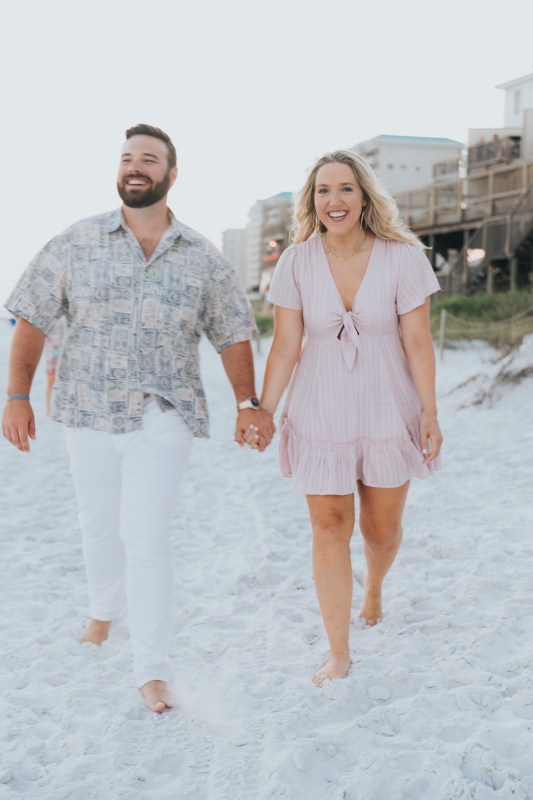
We wanted to hear from Birmingham residents what their experience with COVID was like, so we reached out and asked y’all to share your stories. We spoke to three different people who each had a relatively mild case. Here’s what they said.
Meet three people who shared their stories of having COVID in Birmingham

Erin Henderson is 27 and has been a nurse for the past four years. She’s recently stopped nursing in order to devote herself full time to studying in order to become a CRNA (Certified Registered Nurse Anesthetist). She tested positive for COVID April 6.
John Niblett is 26 years old. He works for a local insurance company and loves doing pretty much anything on water in his free time: wakeboarding, inner tubing, pontoon cruises, you name it. He tested positive for COVID April 14.
Sandi York is 51 years old. She works part-time at a local radio station, writing and produce commercials. She tested positive for COVID June 10.
One other woman reached out and wanted to share her story but wasn’t feeling well enough at this time. We wish her all the best and hope she recovers soon.
A while back, we did this story on Dr. Michael Saag and his experience with COVID, which was quite different from these three stories.
1. John Niblett’s COVID story
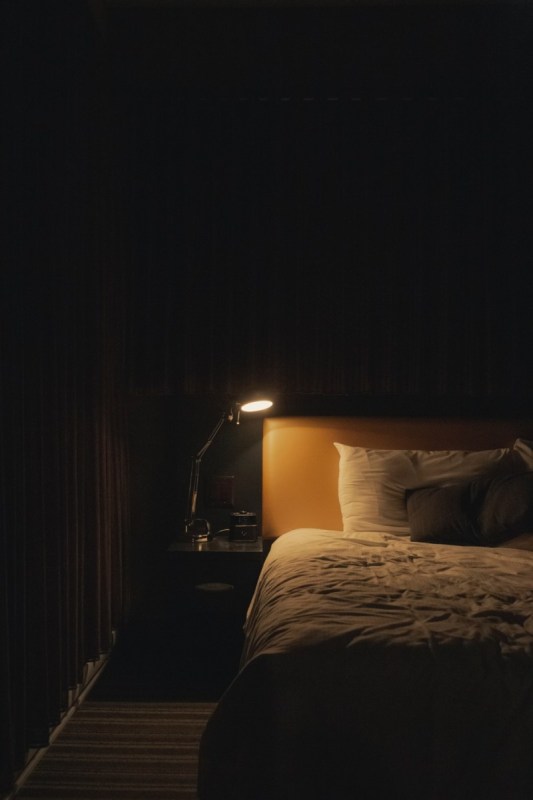
Do you know how you got COVID-19?
Niblett: My fiancée, Erin Henderson, is a nurse. She’s in CRNA school to become a nurse anesthetist. She just fnished working last week to focus full time on school. During her last two months of work, she got it and then I got it. We’re guessing she gave it to me.
What was the experience like?
Niblett: Since my fiancée is a nurse, she had to get a test. I didn’t think she’d test positive. She had a fever one night but didn’t seem very sick, so we just weren’t thinking it was COVID. But she tested positive, then three-four days later I was still feeling good. Then I got a fever—it was over 100° for three or four nights in a row. It was rough on me for about a week.
The main thing was shortness of breath, like a baby was sitting on my chest, or a 40-lb weight. I had physical pain and shortness of breath and was really, really weak. It was kind of like the flu, but more like chest pain and shortness of breath with a more physical pain than feeling sick.
What shifted when you started getting better?

Niblett: It was pretty slow. I don’t know exactly what made it better. Once the fever started going away, three or four days later, I started feeling better. My chest was tight for a week. Then it slowly started getting better.
I had to take an additional test afterwards. Even with working from home, my company wouldn’t release me to work until I had a second test saying I was negative for liability reasons. They didn’t want me working until I was okay.
What would you want people to know, based on your experience?
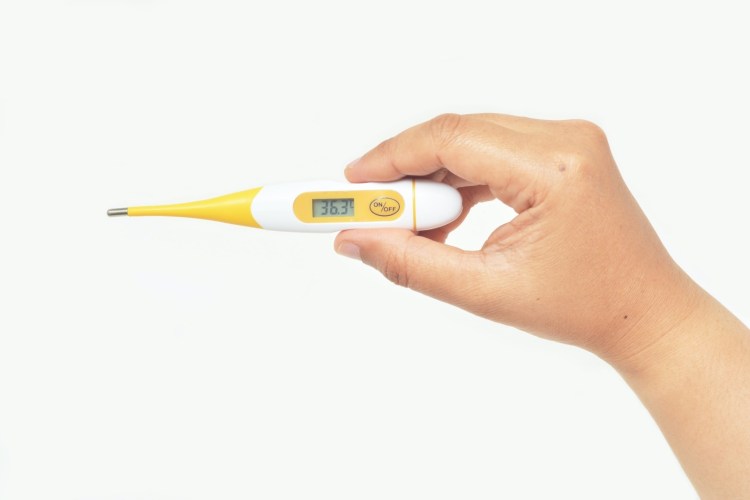
Niblett: I was irresponsible—when I started to feel sick, I was still hanging out with people in my home. I could tell I felt a little off and told my friends.
Now I would want people to know: if you have a fever, stay home. It doesn’t need to be severe to isolate yourself. If you’re feeling the slightest bit off, stay isolated until you know what it is. After 24 hours of feeling off, it hit me hard. I didn’t think I was getting it, but I did.
2. Erin Henderson’s COVID story
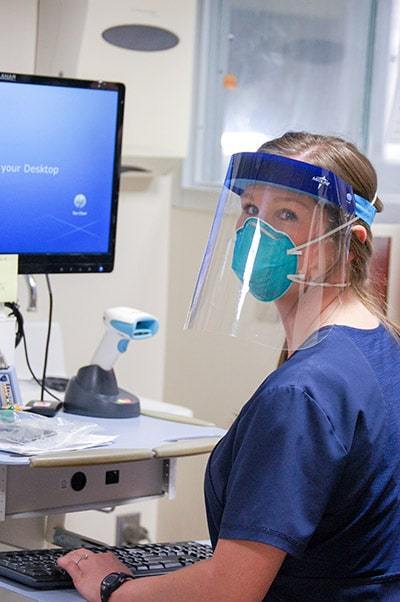
Do you know how you got COVID?
Henderson: I assume from the hospital but I don’t really know for sure.
What was the experience like?
Henderson: I think I was pretty fortunate. I had a pretty mild case in comparison to others that I’ve talked to.
I felt pretty terrible, with body aches, chills, shortness of breath for one day. Then the days following, I felt pretty good during the day, then it would hit again at night, especially the respiratory symptoms like shortness of breath.
It felt like someone was sitting on top of my chest. I couldn’t get comfortable and couldn’t sleep for two-three nights in a row. It was probably five days until I felt better.
What shifted when you started feeling better?
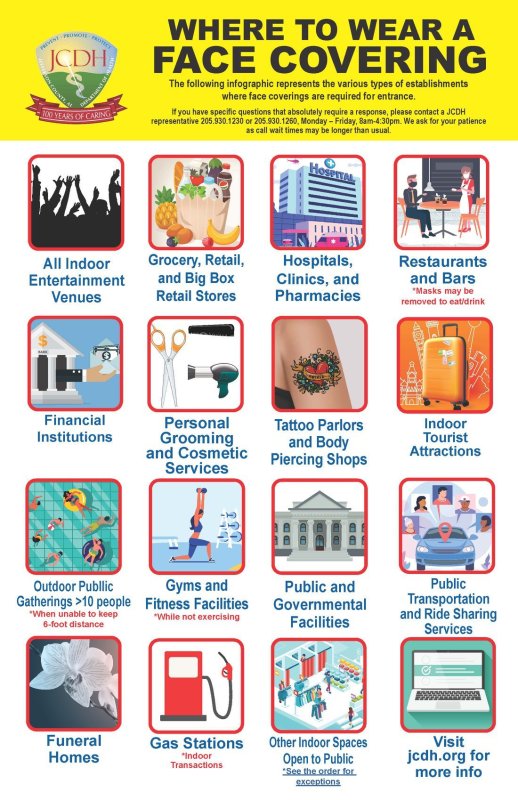
Henderson: It was pretty gradual. I felt pretty good usually during the day and would think I was getting over it. Then night would come and I’d start getting more fatigued with shortness of breath. I lost my sense of taste and smell completely—that lasted 10 days, and was a lingering thing once I felt physically better.
Has it changed you in any way?
Henderson: Before getting it, I was terrified, but when I went to work after I had it, I felt more confident taking care of COVID patients. It helped me do my job better since I wasn’t in fear all the time at work.
What would you like other young people to know, based on your experience?
Henderson: Be smart about following the proper precautions. It isn’t fun if you do get it.
3. Sandi York’s COVID story
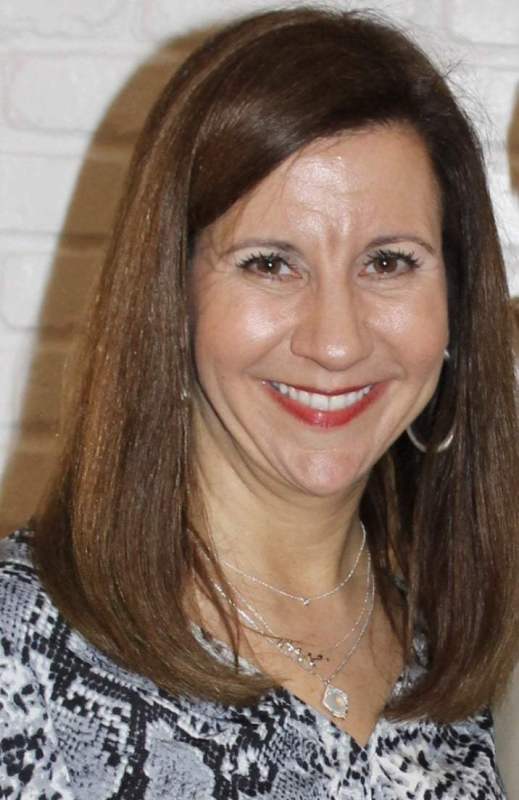
When did you get sick?
York: On June 7th, I got a fever in the evening. I hadn’t been sick in years—probably the last fever I had was 5 years ago. I started having chills and aches, so on Monday, June 8th I went for a drive-in test at the doctor’s office parking lot. One June 10th, the nurse called and said I tested positive.
Do you know where you got it?
York: I have no idea and have been asking myself the very same questions. One of the nurses at the doctor’s office said the incubation period is two-five days before most people have their first symptom. In the five days before, I went to the dentist and wore a mask and gloves. I was that person who was wearing a mask and gloves at the grocery store.
I tried to follow all the rules—no big gatherings, no people over. I’m one of those germaphobe people that was wiping down grocery carts months ago and always brings hand-wipes to grab the gas pump, even before this.
What has the experience been like?
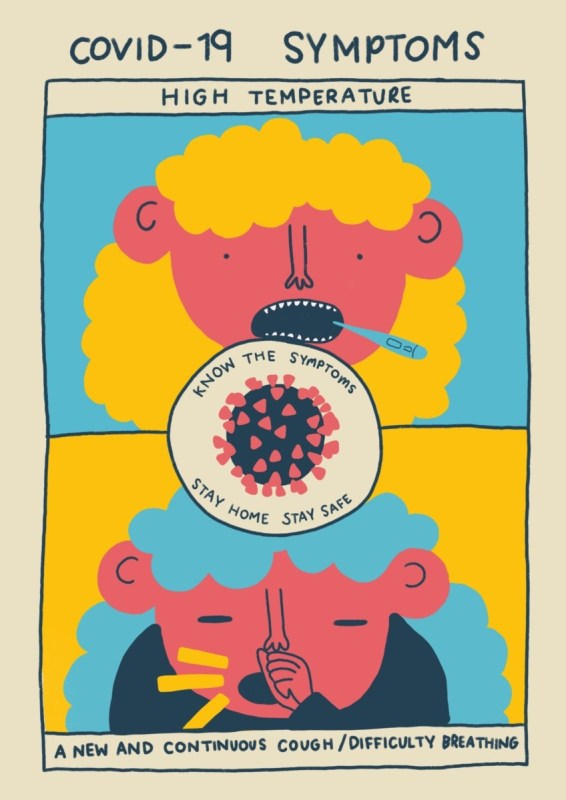
York: For the first three days, I had a fever, aches and chills. From that point, every day for 10 days I had a different symptom each day. I would joke “what’s the flavor of symptom today?” Some included nausea, lightheadedness, headaches, congestion for one 24-hour period. For five days I lost my sense of taste and smell—that was the strangest thing. Each day a new symptom came.
The week before last, I went for a re-test and was still positive. I went last week for another re-test and was still positive. I just found out this morning from a test yesterday that I am still positive. This is 23 days in.
I will tell you, I’m thankful. There are many worse cases, and I’m trying to accept that I am positive and what that means in my house.
What are you having to do differently since you are still positive?
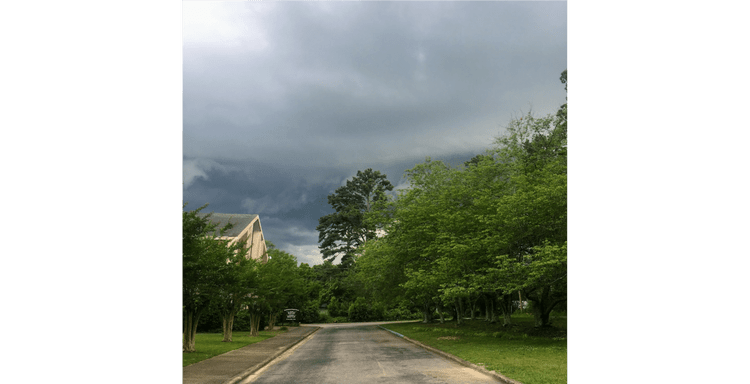
York: Quarantining when you have COVID is different from quarantining without. My husband, son and daughter are in the house with me. It’s hard when I can’t go around them or hug them. My son tries to say “mom can you get out” in his most polite way if we’re both in a room at the same time.
I’m grateful they’ve tested and retested negative and it’s a little frustrating. It affects a lot of things. My oldest daughter is coming into town and staying with a friend—I won’t get to see her. My husband has some major doctor’s appointments that I would normally go to him with, and he’s had to get tested multiple times in the hopes that they’ll let him go. He may have to stay in a hotel after the next test to make sure he doesn’t get it from me.
At this point, I’m mostly feeling fine. I went for a walk a couple days ago—it’s great to be free to do that kind of thing. The weird thing at this point is knowing there’s something buzzing around in my system that I can’t see.
How has this experience changed you?
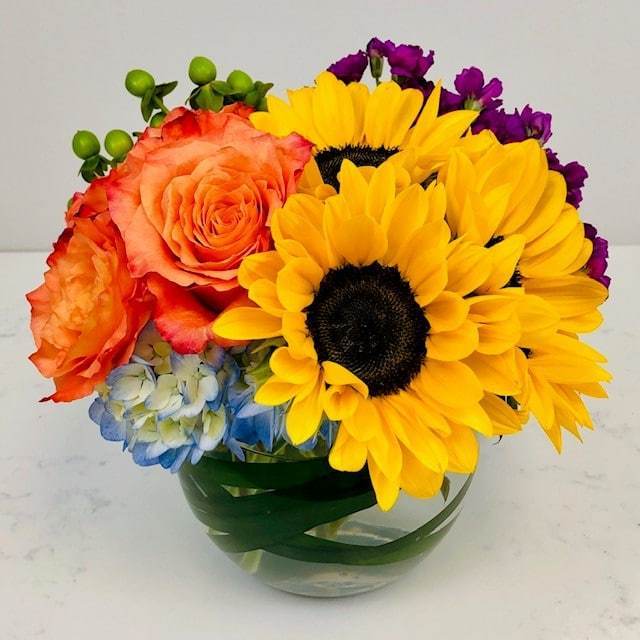
York: I feel like I will be more empathetic and compassionate to people going through COVID. A lot of people have been calling to ask questions because I’m the only person they know who’s had it, and I’m happy to answer their questions.
I hope I’ll be able to look back on this time period and have thankfulness for the blessings that have happened during this time. I feel like I am growing in gratitude.
What would you want to say to others, based on your experience?
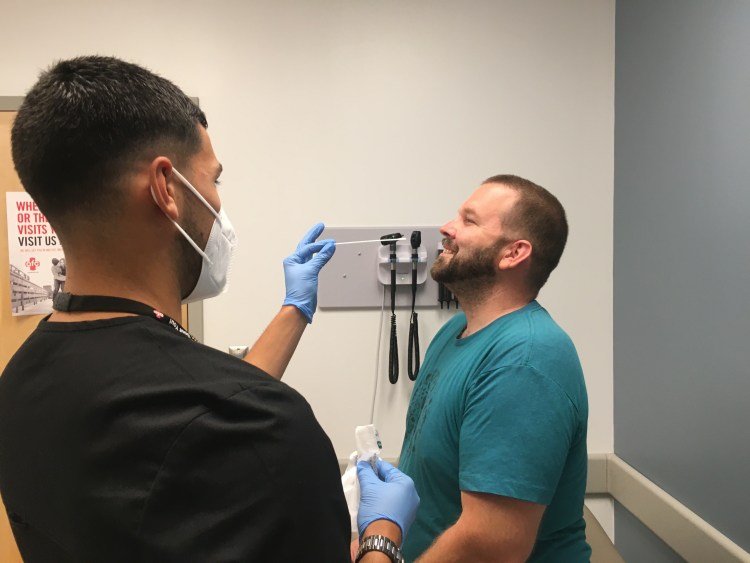
York: Nobody really has all the answers. Don’t beat yourself up thinking have I worn my mask, have I not, have I used my sanitizer or not. Don’t get too much in your head, swimming in thoughts.
It’s a puzzle—nobody on the planet has all the answers. If you do get it, don’t try to figure out where got it, at that point—go forward with “how can I protect others?”
My doctor’s office said a lot of people are not coming back for a retest. The only thing that truy says you are negative or positive is a test, not how you feel. Be sure to get the negative test before you are around other people again.
Is there anything you’d like to say specifically to young people?
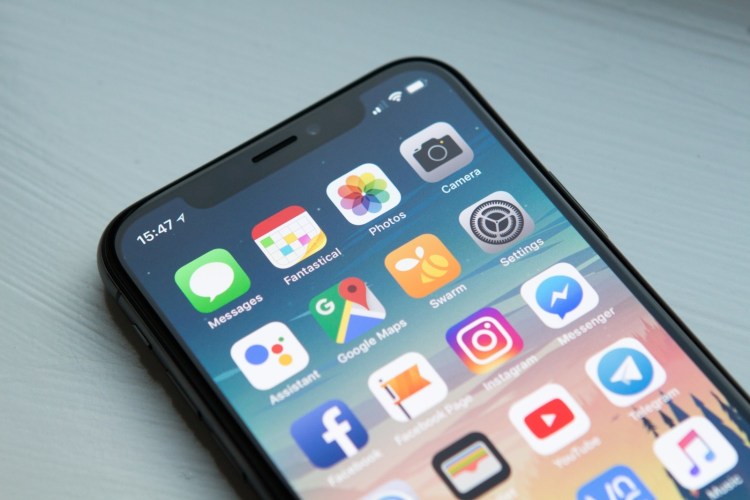
York: I have a 16-year old who just got their driver’s license. They want to get out and be with friends, and everything’s reopening. I have a 20 and a 22-year old. They are all being careful in their own way. I understand they want to be with their friends and be social. They have to be careful and encourage others to be careful to protect each other’s health.
Sometimes the most loving thing is to make a boundary—I can’t do this or that right now. Be protective. It’s hard saying no. You have to use wisdom, discernment, discretion and pray a lot.
You also have to guard against the fear of missing out and think “I will be able to do what I am going to able to do with limits at this point.” It’s hard to battle, especially looking at social media and thinking “those people are together and having more fun—I should be able to gather like they are.”
But when you get COVID, you really miss out on the fun.



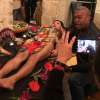

Recent Comments